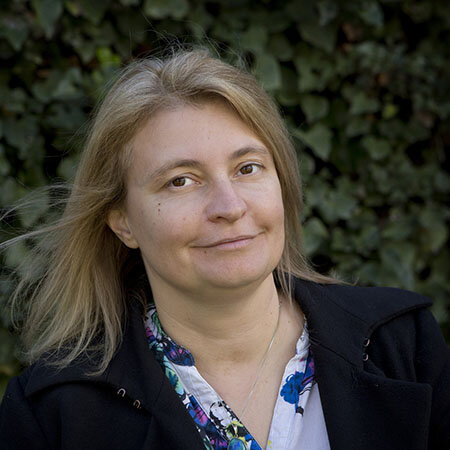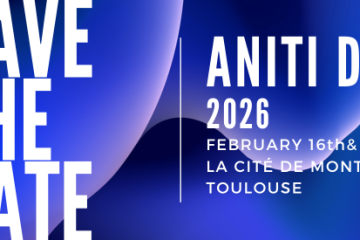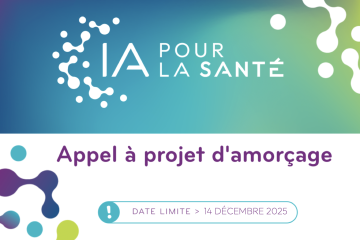TUPLES TUPLES (TrUstworthy Planning and scheduling with Learning and ExplanationS) will be officially launched at fall 2022. Set up under the Horizon Europe framework program, this project aims to build trusted planning and scheduling systems that are safe, robust, explainable and efficient.
Task planning and scheduling has always been at the heart of AI and of problems related to robotics, defense, space exploration, manufacturing and logistics. Unfortunately, current methods, whether model-based or data-driven AI, do not inspire enough confidence to be massively adopted and have the expected impact: the former due to a lack of efficiency and adaptability to non-modelled situations, and the latter due to a lack of transparency, robustness, and safety guarantees.
It is imperative to use new hybrid planning and scheduling approaches, to design methods that allow to verify their safety and robustness, and to be able to explain the produced solutions to users. And this is precisely the problem that TUPLES is addressing.
Led by Sylvie ThiébauxTUPLES will connect the teams 4 university partners :
- ANITI, the project coordinator, which brings its expertise in trusted AI (explanations, verifications), hybrid AI, and planning and scheduling.
- KU LEUVEN, one of the pioneer universities in the field of hybrid AI
- Saarland University,leader in planning and verification
- She University of Bologna world-renowned in constrained optimization, scheduling and routing, as well as in psychology and human factors.
And 3 industrial partners: :
- Airbus and its AI research team: Nahum Alvarez, Guillaume Poveda and Florent Teichteil-Königsbuch in Toulouse, as well as Alistair Nottle, Mark Hall and Santiago Quintana-Amate, will bring their research and development experience in planning, scheduling, explanations, and safety in AI, and case studies in aircraft assembly and pilot assistance.
- Optit, avec Andrea Bettinelli et Matteo Pozzi, est une PME italienne développant des systèmes de support à la décision intégrant prévision, analyse de données, simulation, et optimisation, qui opère dans plusieurs industries telles que la logistique, l’énergie et les services environnementaux.
- And Scisports with Lotte Bransen and Floris Goes is a Dutch SME specializing in the application of AI to sports, particularly in the field of soccer recruitment and performance analysis.
From a scientific point of view, TUPLES has 3 main goals:.
First one is to develop hybrid planning and scheduling methods that combine the efficiency, flexibility, and adaptability of data-driven learning approaches with the robustness, reliability, and explainability of model-based reasoning methods. This will require the ability to integrate learned models into the core of current planning and scheduling approaches that rely on constraint satisfaction, combinatorial optimization, and heuristic search algorithms. These hybrid methods are starting to be developed in other areas of AI, but are still in their infancy in the planning domain.
The second objective is to develop verification and explanation methods capable of reasoning about the properties of the solutions produced by planning and scheduling systems, in particular when these are represented by neural networks. Currently, neural network explanation and verification is gaining momentum in computer vision for example, but existing methods only consider isolated decisions. Planning on the other hand requires explaining plans, i.e. sequences of decisions that interact and affect possible futures, which is much more difficult.
Finally the third goal is to demonstrate these approaches on case studies, from airplane pilot assistance, to soccer team recruitment, and waste collection..
TUPLES will release a toolkit including a set of simulation environments for simplified versions of the case studies, an implementation of the algorithms developed in the project, and a self-assessment tool to validate the confidence level of a planning and scheduling application.
In a more longer term, the goal is to contribute to a cultural change towards a much more human-centered approach in the development of planning and scheduling tools,in order to increase the confidence in these tools and accelerate their adoption by the industry sector and society. Indeed, the adoption of these decision support systems is lagging behind other areas of AI and data analysis, even though they are capable of bringing considerable economic, environmental, and societal benefits: they increase productivity, reduce risks, improve safety and working conditions, save natural resources, and reduce pollution.
About Sylvie Thiébaux
Sylvie Thiébaux's research career began in France, notably in Rennes, with a PhD in computer science, and a position as a research fellow at INRIA. For family reasons, Sylvie moved to Australia where she spent a large part of her career at the Australian National University and at NICTA where she managed one of the 5 laboratories. Her area of interest is artificial intelligence planning, and its integration with diagnosis, verification, optimization and learning.
Sylvie has also worked on AI planning, scheduling and optimization to power grids and intelligent transportation systems. Fellow of the Association for the Advancement of Artificial Intelligence (AAAI), Sylvie is very involved in the international AI community, for example through the journal "Artificial Intelligence" of which she is co-editor-in-chief, and the ICAPS (International Conference on Automated Planning & Scheduling) conference, as head of the program committee. Sylvie's role within TUPLES will be to coordinate the project, and to contribute to its research in the field of hybrid and explainable planning, as well as to the case studies proposed by the industrial partners.



